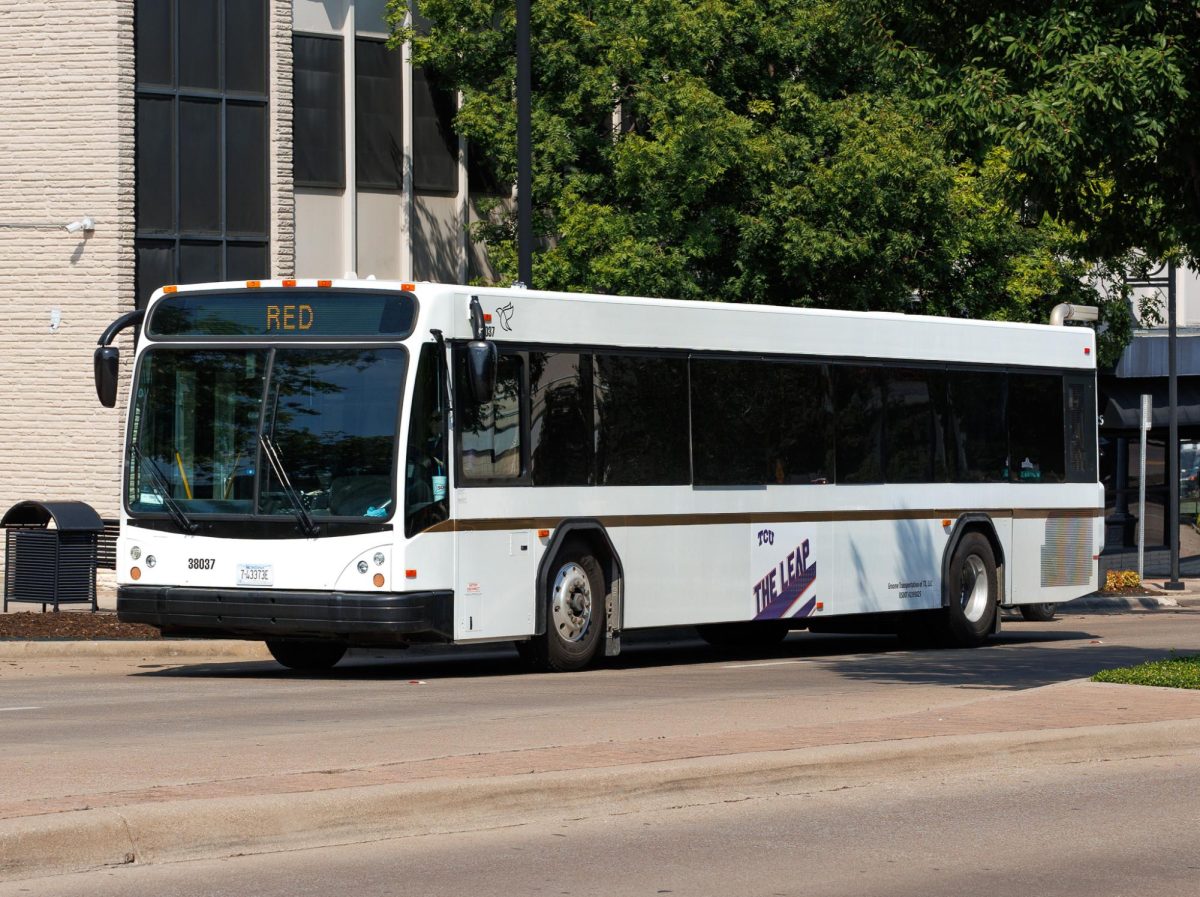It is obvious gun related incidents have dominated recent news coverage. Whether mass shootings are actually rising–a question currently being debated by many–remains irrelevant because less than five weeks ago 26 innocent people were killed in a small Connecticut town. This tragedy pushed gun control conversation to the forefront of every newscast or blog, and it has become a relevant hot topic that as a country we must tackle carefully. Furthermore, as college students living in an environment vulnerable to the possibility of a violent act, we must realize that these fiery debates are directly related to our future security, sense of safety and ability to protect ourselves. We must be sure our voices are heard.
Recently, President Obama announced new proposals to reinstate an assault weapons ban, similar to what President Clinton signed into law in 1994. However, one 1999 tragedy shows that taking away these weapons is not the solution to stopping further mass shootings. The year Dylan Klebold and Eric Harris killed 13 of their classmates at Columbine High School marked five years since the passing of Clinton's assault weapon ban. This demonstrates one simple, yet equally profound truth: Taking away weapons from law-abiding citizens is not the answer to prevent killers from using them.
Newtown, Conn., was a gun-free zone. Yet a sick minded man still managed to kill 20 innocent children. Aurora, Colo., was also a gun-free zone. Twelve people died. Virginia Tech, Columbine High School and the Oregon shopping mall were all gun-free zones. If criminals want to commit a mass murder, they will find the means to do so whether his weapon is legally bought. It is naive to think that these criminals with obvious intentions to kill would abandon all their plans otherwise.
How can Americans work to ensure that another Newtown, Aurora or Blacksburg tragedy does not repeat? How can we instill feelings of safety among our home at TCU and other campuses, schools, movie theaters or shopping malls?
First, Obama ought to concentrate less on banning weapons and destroying the NRA and put much more concentration on the characteristic all mass shooters share: mental illness. The mental health system in America is deeply flawed and will only be fixed with big moves to energize and encourage both the system and the patients to move towards plausible detection methods, treatments and cures.
Second, we must realize that weapons placed in the hands of law-abiding citizens can serve as an effective means to discourage shooters. A shooter with the intention of killing innocent people will always target the unprotected environment rather than the place where perhaps some of the public is legally carrying his or her own protective device.
However, this must come with precautions. Although it would be unwise to let students carry weapons around campus as they pleased, I would feel comfortable in a large lecture hall knowing my professor had gone through training and certification and was allowed to bring a protective device to class. If a Virginia Tech professor had this ability, maybe the number of victims would be less. Or perhaps the Sandy Hook Elementary School principal could have completely stopped the shooter rather than having to bravely throw herself in front of him.
Gun control is a complex, touchy issue with hundreds of different avenues to be explored and discussed. Although there are many directions to take in solving this issue, America can ensure mass shootings will become a thing of the past. However, taking guns from the hands of responsible Americans is not the answer. Leaving citizens or an entire nation defenseless could be detrimental in the future. Bob Schieffer, special to the TCU community, recently likened President Obama tackling the NRA to “defeating the Nazis.” I must politely disagree and side with a political commentator of a much different sort. As Ann Coulter responded on Twitter, “No Bob, it's more like the Nazis disarming the Jews.”
Booey Mittelstadt is a sophomore FTDM and political science major fromChattanooga, Tenn.




